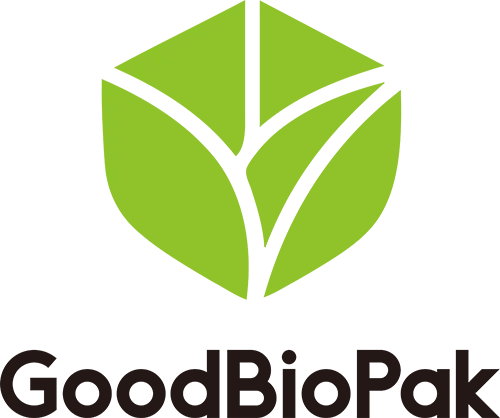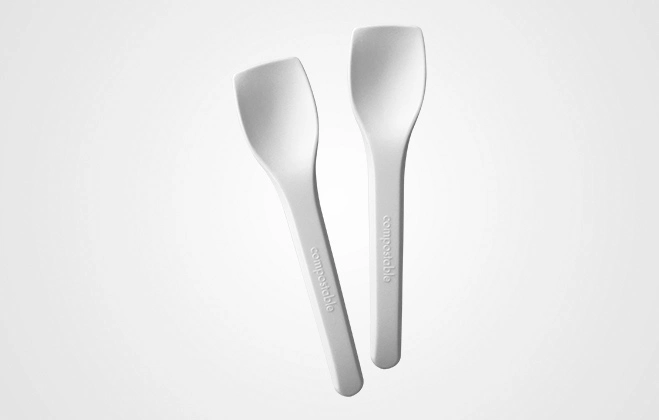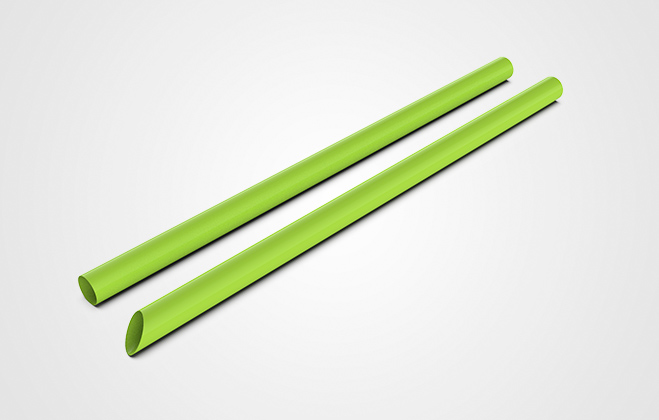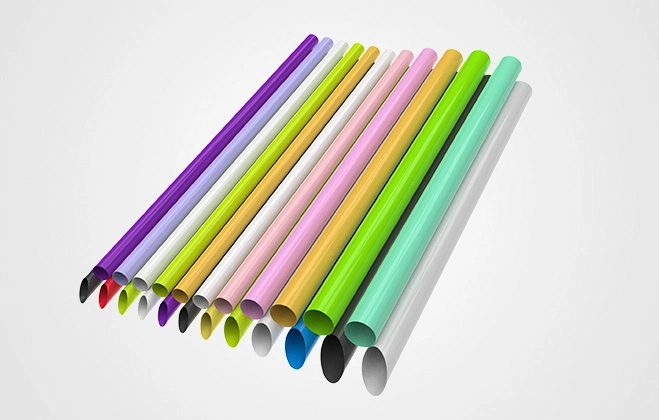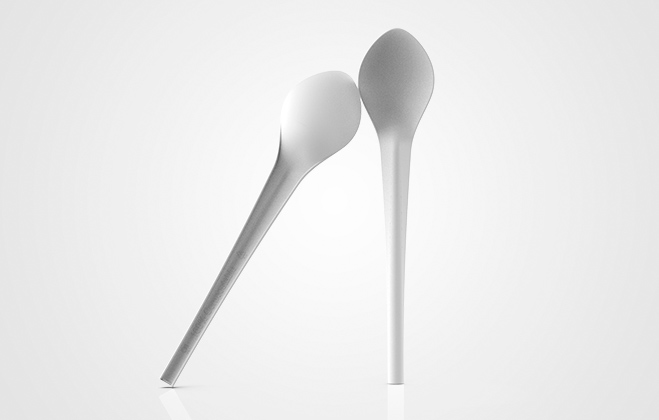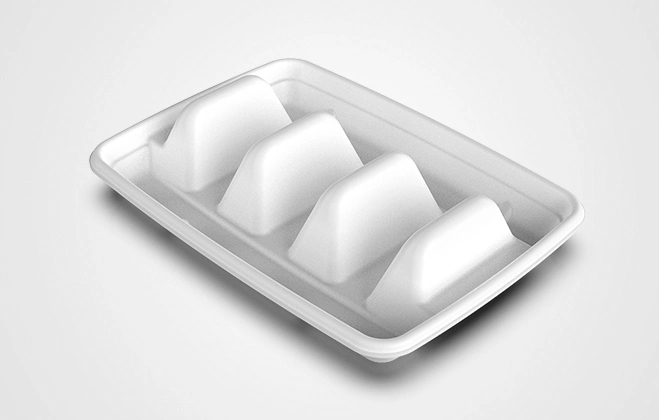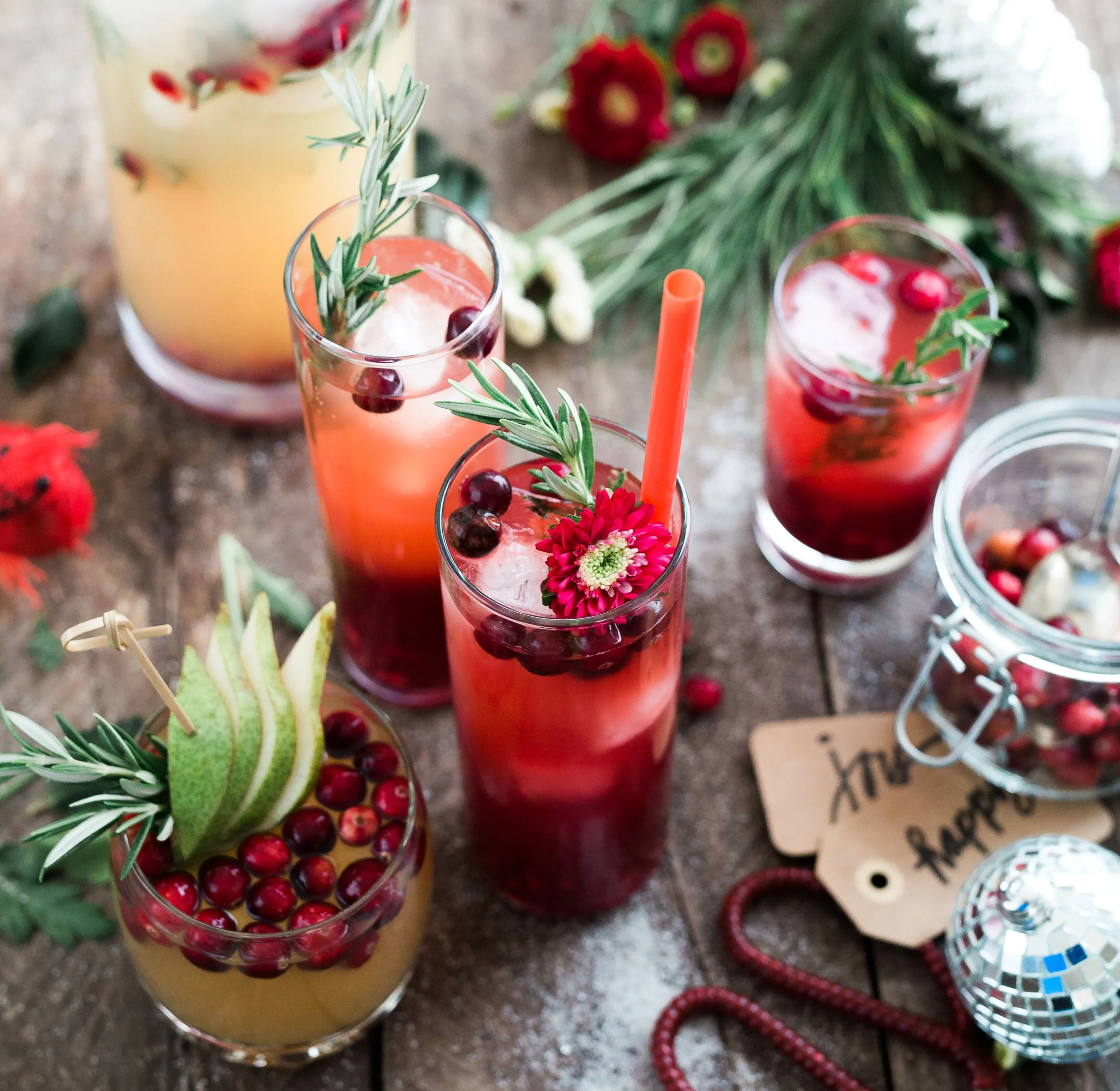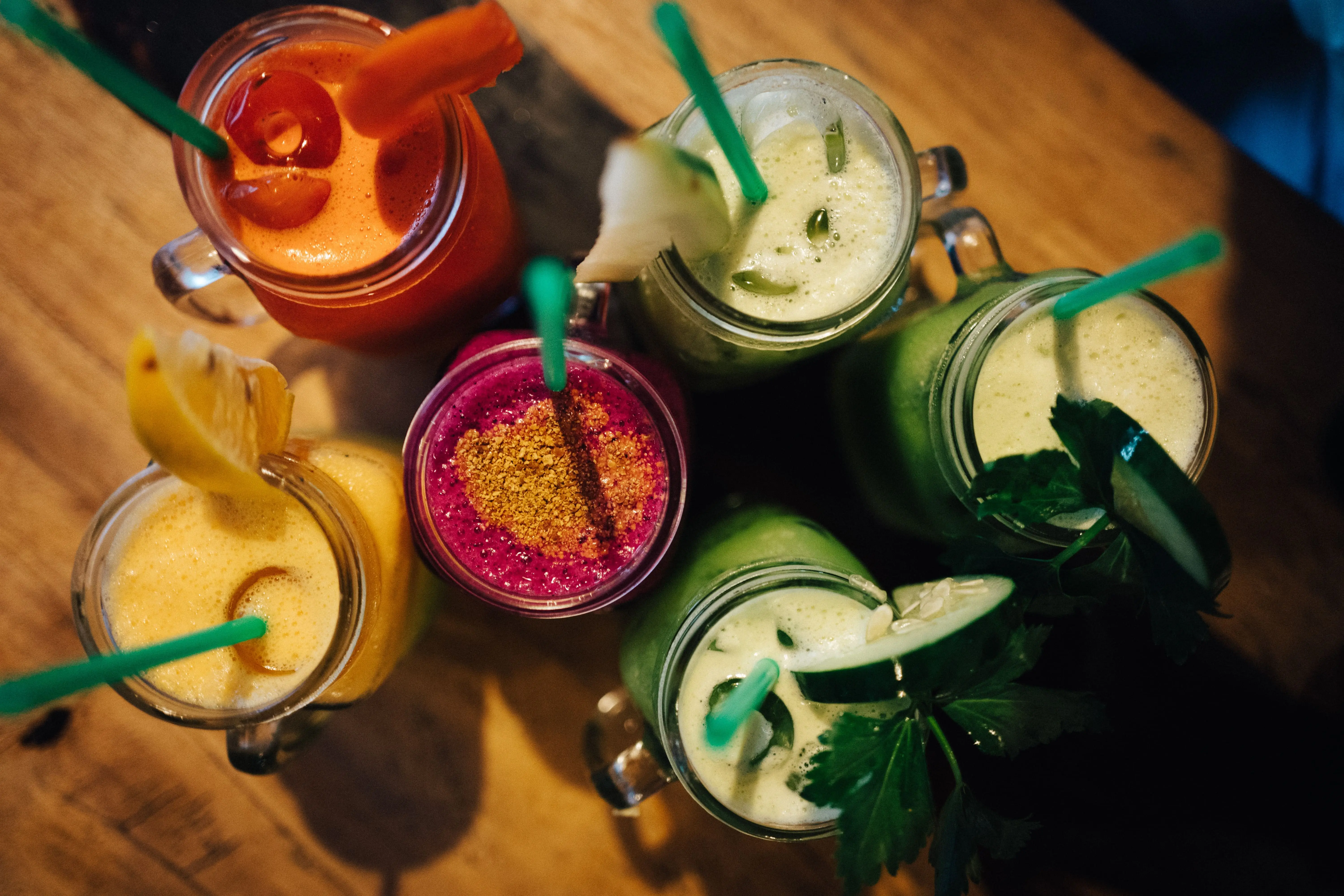Dubai stands as the most robust and resilient economy in the Middle East, consistently being a crucial partner in China's Belt and Road Initiative.
Trade between the Gulf Cooperation Council (GCC) countries, including Qatar, the United Arab Emirates (UAE), and Saudi Arabia, and China has doubled from 2010 to 2021. In 2020, China surpassed the European Union, becoming the largest trading partner for GCC countries, with bilateral trade reaching $161.4 billion. China now stands as the top trading partner for Dubai and Saudi Arabia, with bilateral trade reaching $116.04 billion in 2022, reflecting a YoY growth of 32.9%. From January to October 2023, bilateral trade between China and the UAE reached $77.67 billion.
For Chinese enterprises specializing in equipment and products for the plant fiber molding industry, what business opportunities does the Middle East market hold? This article gathers the latest developments in the Middle East market and shares insights from a business study tour tailored for food and beverage packaging companies looking to enter the Middle East market.
Key Points to Consider:
The United Arab Emirates issued Ministerial Resolution No. 380, banning the import, production, or circulation of disposable plastics, including degradable plastics, shopping bags, effective from January 1, 2024. The ban is implemented in four phases, progressively restricting the trade, use, and production of disposable plastics until January 1, 2026. Violators face fines of AED 200 (approximately RMB 389).
Previously, Dubai imposed a fee of AED 0.25 (approximately RMB 0.43) for each disposable plastic bag from July 1, 2022, covering businesses in all industries, including restaurants, pharmacies, and e-commerce delivery.
The food packaging market in the UAE was valued at $2.8135 billion in 2020, expected to grow at a compound annual growth rate (CAGR) of 4.6% from 2021 to 2026, reaching $6.19316 billion. Dubai is poised to lead this industry's growth. According to data from Alibaba International, the Middle East, especially Saudi Arabia (110% YoY growth) and the UAE (135% YoY growth), is one of the fastest-growing markets for China's disposable food packaging exports.
The UAE, a global transport hub and a melting pot of world cuisines, boasts a diverse culinary landscape. Over 80% of the population in the UAE (approximately 90% in Dubai) hails from nearly 200 countries worldwide, contributing to a rich culinary tapestry. The restaurant services market is estimated to grow from $12.46 billion in 2023 to $15.76 billion in 2028, with a CAGR of 4.80% during the forecast period (2023-2028). In terms of expenditure, Asian restaurants lead with a 36% share, followed by Middle Eastern (20%), North American (16%), European (12%), and other restaurants (16%). The rapid growth in disposable income, increasing tourist numbers, urban lifestyles, and evolving consumer preferences drive the growth of the UAE's restaurant services market.
According to Statista, the UAE's food delivery market is projected to reach $2.79 billion (approximately RMB 20 billion) by 2026, with an estimated user base of 5.5 million.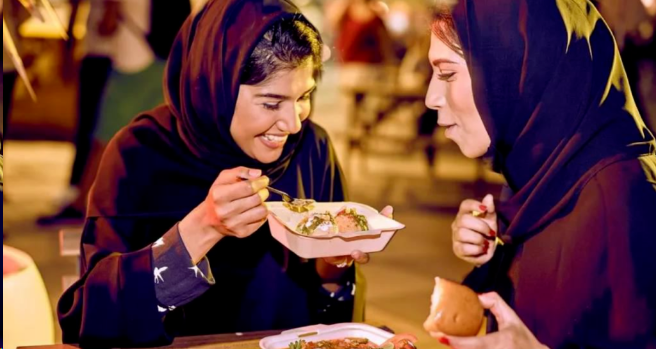
These insights demonstrate the evolving dynamics of the Middle East market and present significant opportunities for Chinese enterprises in the plant fiber molding industry, particularly those catering to food and beverage packaging solutions.
来源: 包装部落2018
 English
English 日本語
日本語 한국어
한국어 français
français Deutsch
Deutsch Español
Español русский
русский português
português العربية
العربية ไทย
ไทย Malay
Malay